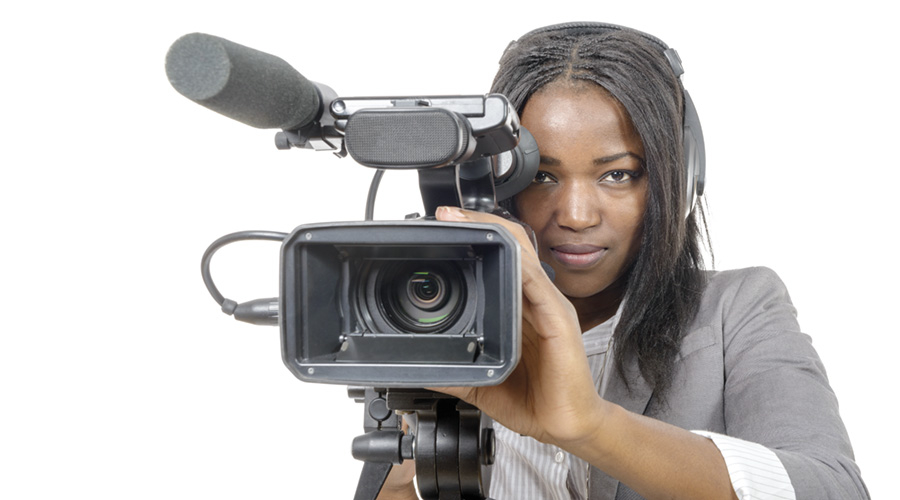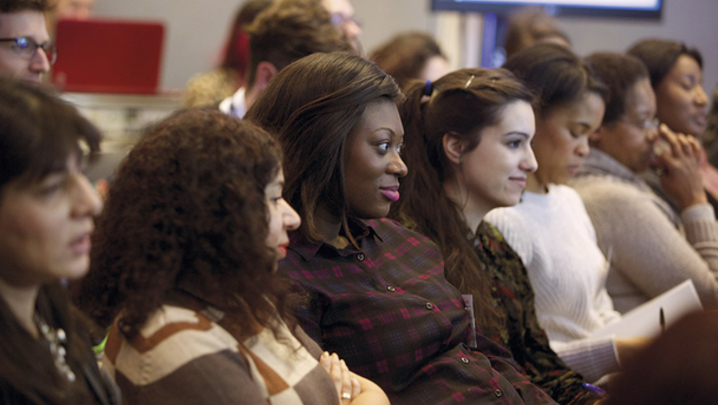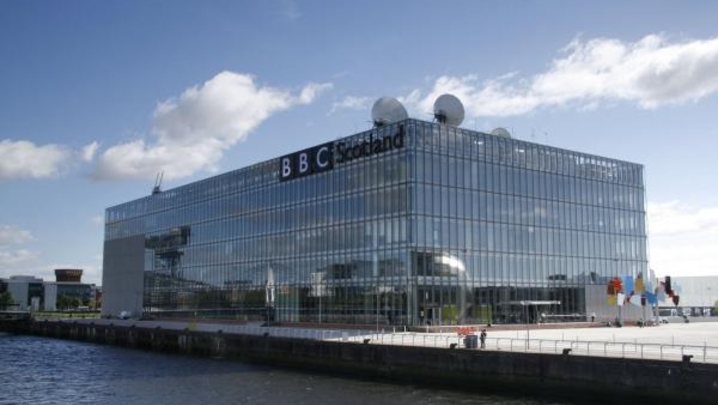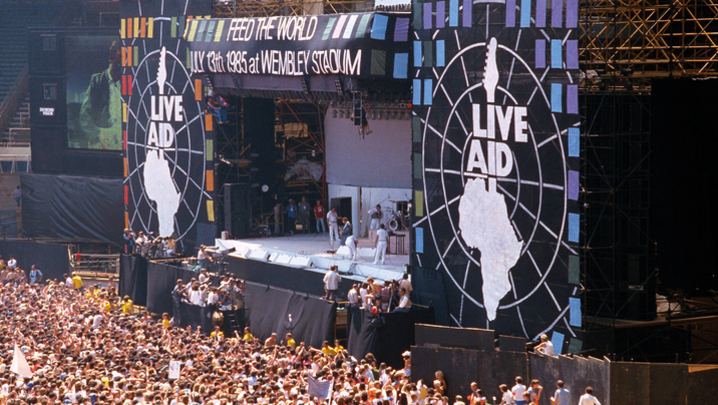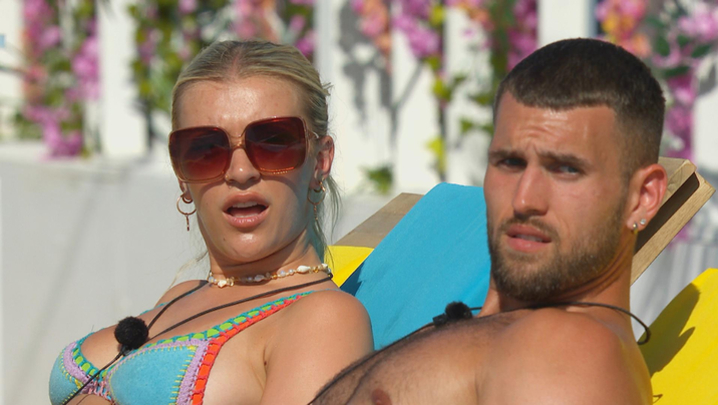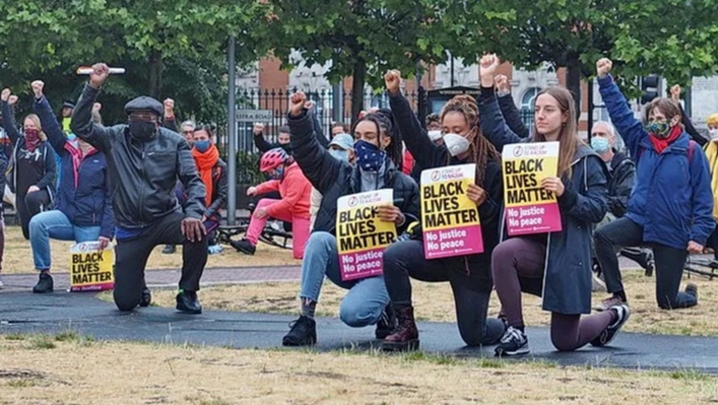The protracted reign of able-bodied white men over British television may finally be drawing to a close, writes Steve Clarke
For many people who believe in diverse, multiracial societies, 2016 was a year of profound political setbacks. But, paradoxically, it may also go down as the year in which British television finally embraced real and permanent change in how it deals with diversity.
As we begin a new year, many influential voices are convinced that TV’s decision-makers are now determined to move towards a genuinely diverse workforce. They also hope to see big improvements in the on-screen representation of people from marginalised groups.
This optimism is underpinned by two important milestones. First, the new BBC Charter commits the corporation, for the first time, to specific agreements on diversity. Second, and not before time, Ofcom looks determined to act on the issue.
Much of this was brought into focus late last year during an afternoon debate hosted by Sky Television, “Breaking boundaries: diversity in broadcasting”, held at the firm’s west London HQ.
It was here that Ofcom CEO Sharon White announced that the regulator would henceforth carry out annual audits of UK broadcasters in order to hold them to account on diversity.
And while this applies to all TV and radio stations, White made it clear that she intended to keep an especially close eye on the BBC. She stressed that, on diversity, “the BBC ought to be a shining beacon and have the highest standards in the industry”. In March, Ofcom takes over the job of the BBC Trust.
"Don’t look at the disability, look at the ability"
Of course, as Sky’s CEO Jeremy Darroch stressed during his opening remarks, fine words were one thing –implementing real change was considerably more difficult.
“Despite the very best of intentions, people reach for the status quo because it’s the path of least resistance, it’s familiar, and it’s worked before,” acknowledged Darroch. “We’ve made good progress in some areas, and less than we’d like in others.”
On Sky’s entertainment channels (Sky 1, Sky Living, Sky Atlantic and Sky Arts), the company had made “significant, tangible progress” in ensuring that a fifth of “significant on-screen roles”, senior production positions and writing teams were from black, Asian and minority-ethnic (BAME) backgrounds, he said.
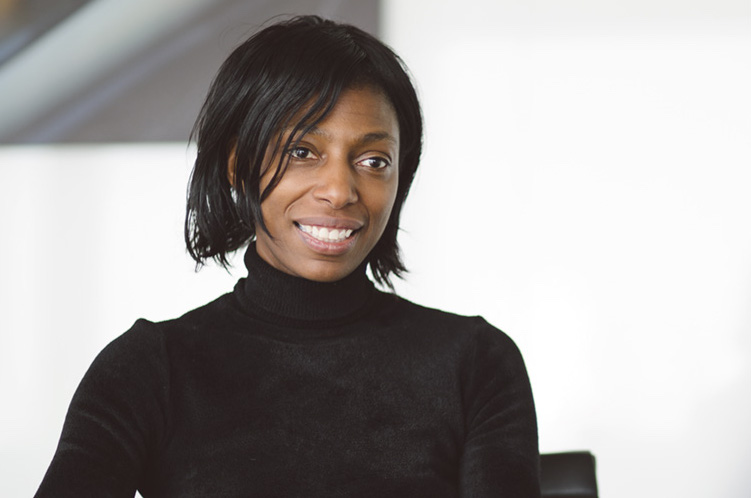
Ofcom's priority is transparency
Ofcom CEO Sharon White said: ‘We will be looking at diversity data across the broadcasters that we regulate to help us get the most comprehensive picture yet of how well each broadcaster is doing.’
The regulator aims to collect a variety of information about the diversity of people employed by broadcasters and gauge what steps are being taken to monitor diversity.
Ofcom wants to know if targets are being met. Data will be collected in 2017 with the first report due to be published by the summer.
White said: ‘Broadcasting both reflects and shapes the values that we hold as a society… We know that we’ve still got some way to go. A number of groups struggle to get into the business.
‘Once they’re in, they struggle to get on. It’s opened up a bit of a gap between the people who make TV and radio, and the audiences who watch and listen to them… These failings are a stain on all of us in the industry.’
She added: ‘Sky has shown just what can happen with the will and the commitment. Similarly, I am pleased to see what the BBC has recently announced, regarding diversity in commissioning from the indie sector.’
She praised Channel 4 for helping to transform perceptions of disability with its 2016 Paralympic Games coverage.
‘As a regulator, we have a very important role to play in helping to tackle barriers and providing guidance but also in holding the industry to account,’ said White. ‘It’s an area where I raise my hand and say that, as a regulator, we haven’t done enough in the past. As an organisation, this is now very clearly a priority for us.’
It was important for Ofcom to publish independent and impartial statistics on diversity, said Lenny Henry: ‘We can’t just tick our own homework any more.’
Ofcom also needed to define what diversity meant, Henry added, calling for the regulator to repeat for diversity what it did in defining precisely what qualified as programme-making in the nations and regions.
He called on Ofcom to set ‘some minimum standards’.
‘If diversity is now a requirement of the BBC Charter, we need to know what the minimum level that the BBC has to achieve in terms of staffing and production to meet that Charter requirement,’ said Henry.
The Charter required the BBC to broadcast a specified number of hours in genres such as news and current affairs; diversity needed to follow suit, said Henry: ‘Without a minimum requirement it is a bit like having a high-jump competition without a bar.’
Real challenges, however, remained, especially in comedy and arts shows, where the production companies making the programmes were often very small. “Two years on we’re pleased with the progress we’ve made but we know that we, collectively, have a long way to go,” said Darroch.
In news and sport the job was, perhaps, harder still. Not even Sky could select the players who turned out on the pitch for, say, Manchester United or Chelsea.
However, the satellite station had introduced several initiatives to improve diversity in the sports newsroom and sports production.
Sky News, meanwhile, had set specific targets for on-screen representation of guests in terms of ethnicity and gender: 35% female representation (increasing to 50/50 over the longer term) and 14% BAME representation.
As the panel discussion got under way, it became clear that these initiatives and others like them across British broadcasting were having an impact.
Lenny Henry, who gave new impetus to the TV diversity agenda by speaking out at Bafta in 2014, was convinced that attitudes in broadcasting were “on the brink of a massive change”. British TV was “at the start of something big,” emphasised the comedian and actor.
But, as Darroch pointed out, the definition of diversity had broadened to encompass the disabled, as well as ethnicity, sexuality and gender.
Channel 4 had led the way in TV portrayals of disability by championing coverage of the Paralympics. One of the panellists at the Sky debate was JJ Chalmers, a presenter of this year’s Rio Paralympics.
The ex-Royal Marine suffered life-changing injuries in Afghanistan in 2011, when he was wounded by an IED. He described how the experience had altered his perspective on himself and towards other disabled people (see box).
Channel 4 CEO David Abraham said the Paralympics “teach us that, when you get very talented people from all walks of society to do very daring things – and to say new things in new ways – [the result] is very compelling for the audience”.
In some aspects of diversity, Channel 4 had done “quite well,” he said, but in others “there’s a heck of a long way to go”. Abraham continued: “For all of us, this is never going to get done. It is going to be a lifetime’s effort but we can begin to look back now on the first steps to progress.”
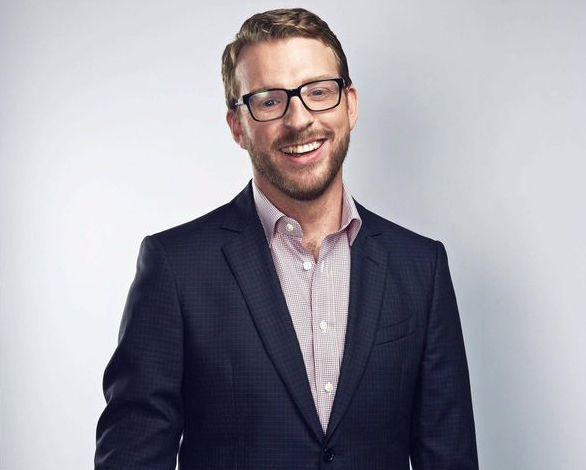
Disability: a presenter’s perspective
‘For the first 23 years of my life I didn’t live in a very diverse environment, particularly in the Marines, which is made up of young, white males,’ Channel 4 presenter JJ Chalmers told the assembled executives. ‘Back then, if you had talked about diversity, disability would not have been something that came into my head.
‘Becoming disabled was a massive eye-opener... There was a time when I was more or less a head stuck in a bed, unable to do anything for myself…
‘At that stage, my physical strengths had gone. Yes, I got them back through adaptive sport and sports that were tailored to my abilities. It made me realise that I needed a new career and I needed to find something as exciting as being a Royal Marine.
‘I wanted to challenge myself and, basically, be one of the good guys. Believe it or not, I joined the Marines so that I could do some good in the world.
‘When I looked to become a presenter at the Paralympics I did it because I realised that there were incredible stories to be told… Channel 4 is currently writing the blueprint.
‘If you try and be creative in some of the established sports such as football people get upset because you’re changing something. But at Channel 4 we’ve taken Paralympic sport and created the way it’s viewed. We managed to make it lighthearted and entertaining. At Channel 4, we’ve got so much room to be creative.
‘I played to my strengths because, in being disabled, I was an expert in the subject matter. So I spoke from my heart when I was on the screen.
‘Yes, I’ve done Paralympic sports but I found out that I’m quite good at talking. And the reason I am is that I grew up dyslexic and I struggled to write. My way of expressing myself was vocally.
‘My diversity has shown me my strengths. With disability, don’t look at the disability, look at the ability.’
ABC is one US broadcaster that has made great strides in bringing more African American actors into TV.
The company’s London-based head of international content and talent, Keli Lee, outlined how she had introduced an initiative that transformed casting at the Disney-owned network.
Fifteen years ago, ABC realised that it suffered from a lack of diversity both in front of and behind the camera.
It decided to prioritise drama in a drive to improve representation of non-whites in acting roles. Seven hundred actors from minority backgrounds were auditioned. The aim was to identify the best 40 to 50. They were then mentored in a one-year programme, the Talent Showcase.
Said Lee: “It didn’t happen overnight, we had to have a lot of conversations and get the entire company’s support, which we did, from the top down.”
Today, ABC’s scripted shows such as Modern Family, Grey’s Anatomy and Scandal (the last two were created by Shonda Rhimes – see profile on page 7) aim to reflect the diversity of the US audience.
Henry highlighted the importance of avoiding negative stereotyping in casting. There was still a tendency for young black actors to end up playing criminals on TV.
“Gun and knife crime are only one side of society… What everyone in the community tells me is that there needs to be a counter narrative,” he said. “People want to know what happened that day your mum hit you over the head with a frying pan because you hadn’t made your bed.”
Lee chipped in: “We hear so many stories from diverse people who say, ‘I want to be able to play any role, it doesn’t have to be a role that is only written for a black man or a black woman.’”
"With the best will in the world, it was clear that, to make real progress, it was not going to happen organically"
Henry emphasised the need for sensitive casting and storylines that feature black characters in flagship shows such as EastEnders and Coronation Street: “What’s interesting about minorities is that we watch the big shows, too. [But] if we watch a show once and we’re not in it, then we don’t watch it again.... When you leave us out, it’s as if you don’t value our custom.”
A critical part of improving diversity on screen is to appoint more non-white executives empowered to green-light shows. Those with commissioning power at ABC in the US hailed from a range of ethnic backgrounds, noted Lee.
“The head of drama is an African American woman,” she said. “On the ABC Studios’ creative team, all the heads are women. It’s not just one person, or about one day, it’s about everyone coming in and trying to make a difference.”
Commissioning is an area where British broadcasters have a lot of heavy lifting to do, according to one of the other panellists, Pat Younge, Managing Director of Sugar Films and a former head of production at BBC Television.
Younge said that, while the diversity of those who made UK TV shows was improving, programme pickers had largely remained white.
“It’s necessary to have a diversity of views in your commissioning teams or you’re always going to struggle to get truly authentic and diverse content,” he stressed. “To me, diversity is about authenticity. It’s about properly reflecting the range of lives and experiences led by people in this country.
“You can get another black actor in the back of the shot on EastEnders or a third lead [actor] in that new comedy, but what we still lack are stories that come from the perspective of the other. That’s true diversity.”
He added: “A lot of stories involving people from a BAME background are not being told. People don’t understand them…
“It’s not that the people who are picking shows are not good people, it’s just that we need a greater range of experiences – black, white, female, disabled, working class.”
It is a problem that Henry was only too familiar with. When he started his small-screen career in the 1970s, British TV was an all-white zone, he said: “There was never anyone who looked like me in the room. The male, pale, Oxbridge-educated ruling class ran everything.
"The nation has spoken and Brexit is going to happen, but it’s more important than ever that the people who make the programmes have positive things to say about diversity"
“For 35 years, I never had a meeting with someone who looked like me. Then I came across Anne Mensah at the BBC [Mensah is now head of drama at Sky]… I didn’t have to translate stuff any more.
“When someone looks like you, you can relax a little bit. It makes it easier to have a conversation.”
Sky’s ambitious diversity targets were one way of attempting to do something to change the composition of commissioning teams. The broadcaster’s head of content, Gary Davey, said that, for Sky to tackle and improve diversity, putting faith in organic changes was never an option.
“With the best will in the world, it was clear that, to make real progress, it was not going to happen organically,” he said. “If it was going to happen organically, it was going to take way too long.
“As Jeremy [Darroch] said, as a company, we love ambitious targets. We embraced it as a means of disciplining ourselves.”
Finally, the topic of the referendum vote for Brexit was raised. Channel 4’s David Abraham said that the vote to leave the EU posed challenges for British television’s diversity agenda.
He said: “It’s going to be very interesting seeing how the industry [avoids] reacting in a stereotypical way to the referendum. I think we’re probably in a state of some confusion as to exactly what it means.
“We can be very patronising about what it is saying while, at the same time, perhaps, not finding new creative ways to address it in what we’re commissioning.”
Alarmingly, Henry revealed that, following the vote, he’d suffered racial abuse on the street for the first time since he was at school. His daughter, too, was recently subjected to racial abuse.
Henry concluded: “Of course, the nation has spoken and Brexit is going to happen, but it’s more important than ever that the people who make the programmes have positive things to say about diversity.”
The event ‘Breaking boundaries: diversity in broadcasting’, was held at Sky Television on 1 November.

